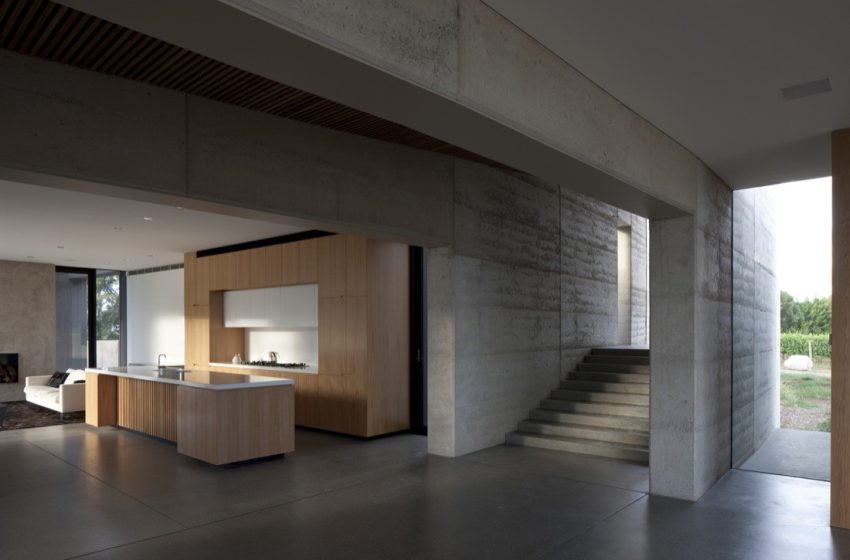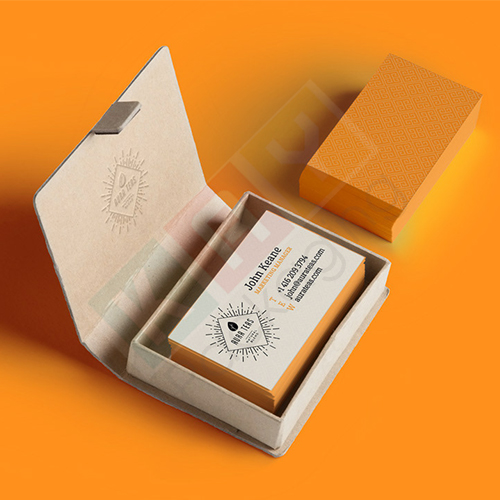The Importance of Hygienic Flooring A Must-Have for Clean and Safe Spaces

Hygienic flooring is a critical aspect of creating clean, safe, and efficient environments in various settings. Whether it’s a medical facility, kitchen, or laboratory, the flooring plays a vital role in maintaining cleanliness and preventing the spread of harmful bacteria and germs. In this blog, we will explore why hygienic flooring is essential, its benefits, and the different types available to suit different needs.
Why Hygienic Flooring is Essential for Clean Environments
In spaces where cleanliness is paramount, regular flooring may not provide the level of protection needed to prevent contamination. Hygienic flooring is specifically designed to withstand the demands of high-traffic areas while offering protection against spills, stains, and microbial growth. It’s especially crucial in environments like healthcare settings, food production areas, and other sectors where hygiene is non-negotiable.
Unlike regular flooring, hygienic flooring is made from materials that are easy to clean and resistant to bacterial and fungal growth. This ensures that harmful microorganisms do not thrive on the surface, reducing the risk of infection or contamination. In addition, hygienic flooring helps maintain the overall cleanliness of the environment, ensuring that every corner is sanitized effectively.
Key Benefits of Hygienic Flooring
-
Prevents Bacterial Growth
The most significant advantage of hygienic flooring is its ability to prevent bacterial growth. The materials used in hygienic flooring, such as vinyl, rubber, and resin, are specifically designed to inhibit the growth of bacteria, mold, and mildew. This is especially important in healthcare facilities where infections can spread easily. -
Easy to Clean and Maintain
Hygienic flooring is non-porous, meaning it doesn’t absorb liquids or dirt. This makes it incredibly easy to clean and maintain. Spills can be wiped off quickly, and regular cleaning routines can be followed to ensure that the surface remains free of contaminants. -
Durability and Longevity
Hygienic floors are made from durable materials that can withstand high traffic, heavy equipment, and constant cleaning. They are designed to last for many years, making them a cost-effective solution in the long run. In areas with high footfall, such as hospitals or restaurants, the flooring’s durability ensures that it continues to perform without needing frequent replacements. -
Slip Resistance
Many types of hygienic flooring are slip-resistant, making them safer to walk on, especially in environments where spills or wet conditions are common. This is crucial in preventing accidents and maintaining safety in high-risk areas. -
Improves Air Quality
Hygienic flooring also contributes to better air quality. Unlike traditional flooring that may trap dust and allergens, hygienic flooring allows for easier cleaning and less dust accumulation, which improves the overall indoor air quality of the space.
Types of Hygienic Flooring
There are several types of hygienic flooring available, each designed to meet specific needs. Here are some of the most commonly used options:
-
Vinyl Flooring
Vinyl is one of the most popular choices for hygienic flooring because of its non-porous surface, ease of cleaning, and resistance to bacteria. It’s perfect for hospitals, kitchens, and bathrooms. -
Rubber Flooring
Rubber is another durable and hygienic option. It is often used in healthcare settings and gyms because of its slip-resistant properties and shock absorption qualities. -
Resin Flooring
Resin flooring is often used in industrial and commercial spaces. It is highly resistant to chemicals, oils, and spills, making it ideal for factories and laboratories. -
Polyurethane Flooring
Polyurethane floors are highly durable and resistant to wear and tear. They are often found in medical environments due to their ability to withstand heavy cleaning and disinfecting procedures.
Conclusion
Hygienic flooring is an essential component of any space where cleanliness and safety are top priorities. It provides numerous benefits, from preventing the growth of harmful bacteria to improving the overall cleanliness of an environment. Whether in a hospital, food processing plant, or even a residential space, investing in the right hygienic flooring ensures a healthier, safer, and more efficient environment for everyone.




